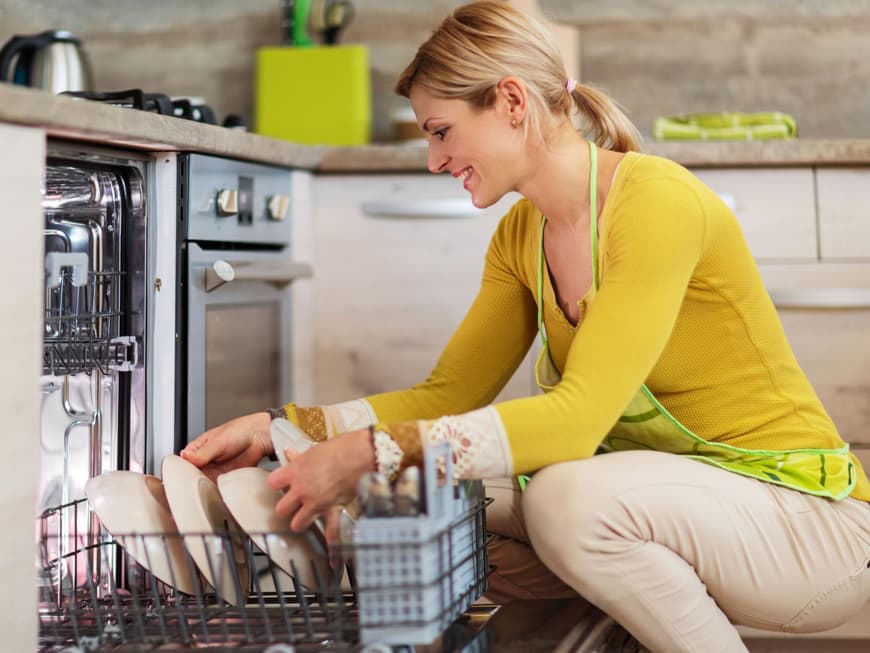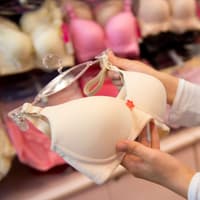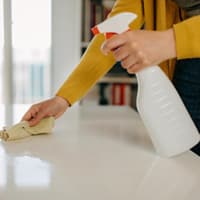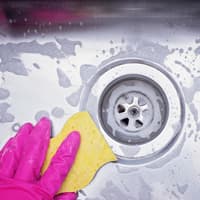
You are happy about your dishwasher and then this: not everything can be machine washed! Look at it this way - you shouldn't put certain things in a tumble dryer if you want to enjoy your favorite items for a long time. It's the same with the dishwasher: precious and delicate items can be damaged or permanently damaged by heat or dishwashing detergent. And you don't want that! So it's better to pick up the dishwashing brush from time to time and play it safe. Remember to clean your dishwashing sponge regularly too.
Tip: If you want to do as little washing up by hand as possible, make sure when buying new plates, cups, cutlery etc. that they are dishwasher-safe.
Do not put them in the dishwasher:
Crystal glass
The surface can easily be damaged and become cloudy. The same also happens with some very cheap glasses. Engravings on crystal glass also suffer.
Silverware
Place plates and serving platters usually only have a thin layer of silver, which can flake off quickly. Only put silver cutlery in the machine with cleaners specifically designed for this purpose.
Wooden boards and dishes
The wood swells and becomes ugly. The glue on glued items comes off quickly.
Kitchen knives
The best way to blunt sharp blades is to machine wash them. Only cutlery has either serrated and/or stainless steel blades.
Iron pots and pans
They tarnish or even start to rust. Pans are best rinsed with water only and wiped out with a kitchen towel.
And these items do not belong in the dishwasher either:
Old porcelain or dishes with imprints
Modern dishes usually have glazed decorations that the machine cannot damage. Grandmother's heirlooms, on the other hand, fade very quickly. The scale on the measuring cup can also fade over time due to the dishwashing detergent. It is better to wash such dishes by hand.
Ceramic ware
It is usually too porous, soaks up water and glazing flakes off. Only specially hardened ceramic with the label "dishwasher-safe" is suitable.
Plastic containers
Storage containers can warp or even crack in the heat. They also dry poorly and food residues such as tomato sauce can discolor them. If at all, only put them in the top of the jar basket. Throw away cracked or yellowish cans as they release harmful plasticizers. Plastic tableware for picnics is also better washed by hand - or it is labeled "dishwasher-safe" or "dishwasher-safe".
Insulated containers
Vacuum jugs, coffee-to-go thermo mugs, lunch boxes, thermo bowls or other insulated containers with a vacuum function have no place in the dishwasher. The rubber seals are sensitive and can be attacked by the acids and alkalis in the machine powder. This is familiar from preserving jars: If the rubber is damaged, a vacuum can no longer be created.
Crockery repaired with adhesive
Whether it's a broken handle or a plate broken in two, you don't always have to throw away broken crockery straight away. Just don't put them in the dishwasher! The heat can cause the glue to come off.






